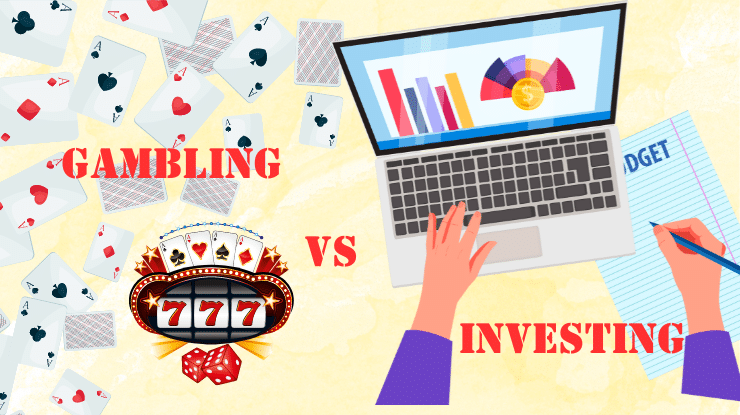After my divorce from the gambling husband, my inheritance was pretty much gone, with the exception of a few properties that gave me a small monthly income. But I did something smart.
When the rent from the properties would arrive, before I spent a cent, I’d put a portion into my savings account. I did it automatically. I filled out a form and the bank took are of the rest.
I didn’t even have to think about. And even though it wasn’t a lot, it’s amazing how my savings grew over time.
Later, as the cash accumulated, I automated my investing, by using a technique known as Dollar Cost Averaging (DCA-click to learn more). DCA takes the emotion out of investing, reduces the risk of losing a lump sum in a down market and reduces costs because you buy less when your investments are expensive, and more when they’re cheaper.











